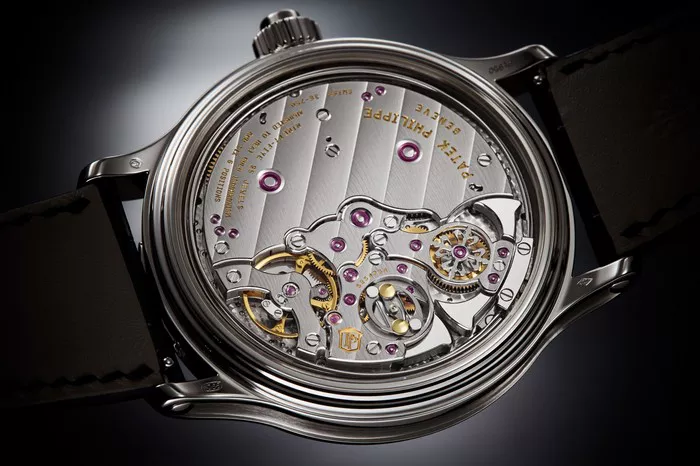Patek Philippe, a name synonymous with luxury and precision in the world of horology, has created some of the most coveted and complex timepieces in history. As a collector or an owner, understanding the nuances of maintaining such a masterpiece is essential. One critical aspect of this maintenance is knowing how to manually wind your Patek Philippe watch. This guide will provide detailed, step-by-step instructions on how to properly wind your watch to ensure its longevity and optimal performance.
Understanding the Mechanism
Before diving into the manual winding process, it’s important to understand the basic mechanism of a Patek Philippe watch. These watches are equipped with either a manual winding movement or an automatic movement.
- Manual Winding Movement: Requires regular winding by hand to keep the watch running.
- Automatic Movement: Winds itself through the motion of the wearer’s wrist but can also be wound manually if necessary.
Why Manual Winding is Important
Manual winding is essential for maintaining the power reserve of your watch, especially if you have a manual winding model or if your automatic watch has not been worn for an extended period. Regular winding ensures that the movement remains lubricated and functions correctly.
Preparation: Handling Your Watch
Handling a luxury timepiece like a Patek Philippe requires care. Here are some preparatory steps:
- Clean Hands: Ensure your hands are clean and dry to avoid transferring oils or dirt onto the watch.
- Stable Surface: Place the watch on a stable surface to prevent accidental drops.
- Gentle Touch: Handle the watch gently to avoid scratching or damaging the case or crystal.
Step-by-Step Guide to Manually Winding Your Patek Philippe
Step 1: Locate the Crown
The crown is the small knob usually located on the right side of the watch case. This is the primary control for winding and setting your watch.
Step 2: Unscrew the Crown
For models with a screw-down crown (common in water-resistant watches), you’ll need to unscrew the crown before you can wind the watch. Turn the crown counterclockwise until it pops out to the first position.
Step 3: Wind the Crown
- Manual Winding Models: Turn the crown clockwise. You should feel a smooth, consistent resistance. Continue winding until you feel a slight tension indicating the mainspring is fully wound. Avoid over-winding, as this can damage the movement.
- Automatic Models: These can also be manually wound by turning the crown clockwise, but they typically require fewer turns (about 20-30) to ensure sufficient power reserve.
Step 4: Push the Crown Back
After winding, if your watch has a screw-down crown, push the crown back in and turn it clockwise to secure it. For non-screw-down crowns, simply push it back to its normal position.
Key Considerations
Frequency of Winding
- Manual Watches: Wind daily, preferably at the same time each day.
- Automatic Watches: Wind as needed, especially if not worn regularly.
Signs of Proper Winding
- Smooth resistance while turning the crown.
- A noticeable increase in tension when the mainspring is fully wound.
Avoiding Over-Winding
Listen for and feel the increased tension. Over-winding can damage the delicate components of the watch’s movement.
Troubleshooting Common Issues
Crown Stuck or Difficult to Turn
If the crown is difficult to turn or stuck, do not force it. This could indicate a mechanical issue that requires professional attention.
Watch Not Running After Winding
Ensure the crown is fully pushed back in. If the watch still does not run, it may need servicing.
Professional Maintenance
Regular professional maintenance is crucial for keeping your Patek Philippe in top condition. This includes lubrication, calibration, and thorough cleaning by a certified watchmaker.
Conclusion
Manually winding your Patek Philippe watch is a delicate but essential task that ensures your timepiece remains a reliable and beautiful companion for years to come. By following these detailed steps and handling your watch with care, you can enjoy the precision and elegance that Patek Philippe watches are renowned for. Remember, regular winding and professional maintenance are key to preserving the life and functionality of your luxury timepiece.

